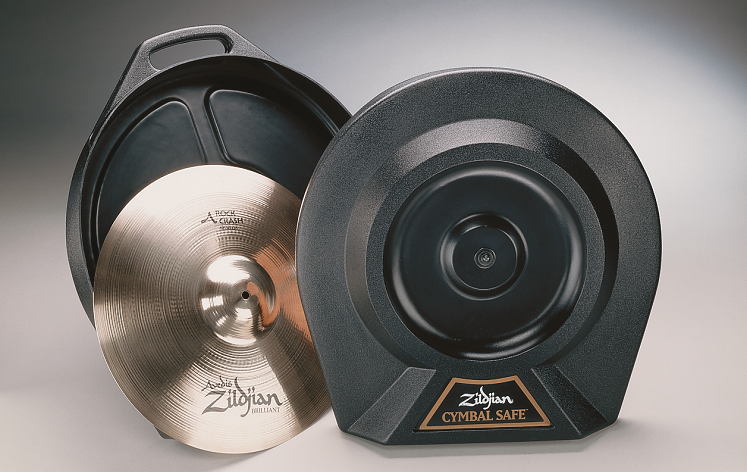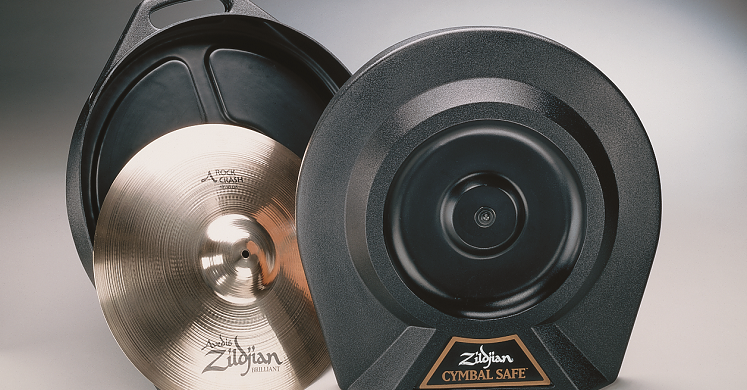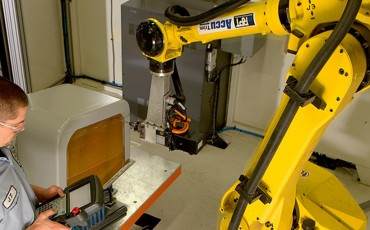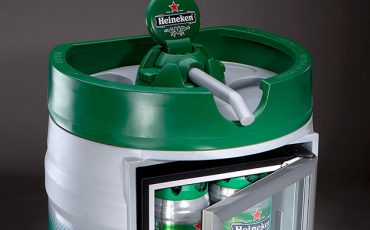
Rotomolded parts for industrial applications are often ready-to-use after they’re removed from the mold. By contrast, plastics manufacturing processes such as extrusion blow molding generally require post-mold trimming and the reprocessing of scrap material. Rotational molding produces high-quality plastic parts, but some applications may require decoration and finishing. With consumer, medical, and other applications, part appearance is especially important.
For design engineers, it’s important to understand that rotational molding can produce plastic products in a wide variety of shapes, sizes, textures, and colors. Rotomolding also supports undercuts, multiple walls, and molded-in graphics and hardware. Many rotomolded shapes are impossible to produce by other methods, and rotational molding supports value-added post-mold services such as filling plastic parts with polyurethane foam. Rotomolded parts can be drilled, sawed, milled, and routed, too.
Meeting Decorative and Finishing Requirements
As the Rotational Molding Design Guide explains, some plastic parts require labeling, painting, hot stamping, or silk screening. For example, plastic baby changing stations may use adhesive stickers to convey safety-related information. Rotational molding supports these secondary processes, but rotomolding itself can also meet decorative requirements. During the rotomolding process, decorative effects such as textured or engraved surfaces can be molded directly into the plastic part.
Rotomolded parts can also feature Mold In Graphics, a permanent way to mark, decorate, brand, or label plastic products. These surface enhancements provide a reliable alternative to traditional stickers, which may not adhere well to plastics. Plus, some labels require spray adhesives, which can messy and labor-intensive to apply. Unlike traditional labels or stickers, Mold In Graphics can also withstand regular cleaning and even pressure washing.
For rotomolded products that require finishing, CNC and robotic routers are used to trim plastic parts to their final dimensions. Equipment such as five-axis CNC and six-axis robotic routers are fast, accurate, and suitable for use with a variety of plastic materials. Rotomolding also supports spin welding for leak-free, permanent, custom fittings and ports in rotomolded tanks. This high-speed plastics welding process is commonly used on waste and water tanks as well as in medical and water treatment applications.
Choose Rotomolded Parts from Gregstrom Corporation
Gregstrom Corporation of Woburn, Massachusetts (USA) is an experienced rotational molder that can decorate and finish your plastic products. Our value-added manufacturing services also include assembly and testing. To learn more about our capabilities and how we can support your plastics projects, contact Gregstrom on-line anytime.



